About TRANSEUROPA
Transeuropa is the result of a participative process taking place throughout Europe, involving hundreds of activists, politicians, philosophers and artists mobilised in order to achieve a truly translocal festival.
Transeuropa is the result of a participative process taking place throughout Europe, involving hundreds of activists, politicians, philosophers and artists mobilised in order to achieve a truly translocal festival.
TRANSEUROPA is a transnational artistic, cultural and political festival organised by European Alternatives since 2007. In the past decade, TRANSEUROPA has attracted thousands of attendees and active participants through a decentralised event structure in over a dozen European cities and a high profile moment in one city. For the 2025 edition, the main city for TRANSEUROPA is Paris and it will take place from 5-8 June 2025.
The new edition of Transeuropa takes place in Paris and presents a rich schedule of events prepared in cooperation with local partners in the city. The programme will consist of performances, exhibitions, open assemblies, screenings, debates, workshops and community events.
THE THEME
As ultra-conservative and far-right forces fan the flames of hate, looking to burn down hard-earned rights and silence the opposition, TRANSEUROPA 25 retaliates with fire of its own: feminist, anti-racist, queer, and unyielding.
This year’s festival is a call to those at the margins – women, LGBTQIA+ communities, the racially oppressed, exiles, the uncertain, the angry, the joyful. Those who refuse to be silenced and erased. Those who combat with fire in their veins and solidarity in their hearts.
Our world is ablaze with wars, repression, climate catastrophe, but we reclaim fire not as destruction but as transformation, as a tool of resistance, a symbol of uprising. Hosted in Paris, the number one city of revolution and resistance, TRANSEUROPA 25 presents three days of performances, discussions, and workshops – fuelled by feminist, queer, and decolonial energies.
Join us as we set Paris on fire.
TRANSEUROPA is a transnational artistic, cultural, and political festival organised by European Alternatives since 2007. In the past decade, TRANSEUROPA has attracted thousands of attendees in over a dozen European cities. The festival is a space of translocal activism, solidarity, and future-thinking imaginaries. Intellectuals & activists such as Tania Bruguera, Jonas Staal, Franco (BIFO) Berardi, Rosi Braidotti, Margarita Tsomou, Shaista Aziz, Shalini Randeria, Hans Ulrich Obrist, participated in past editions of the Festival.
TRANSEUROPA 25 invites participants to ignite, imagine and build, with rage and joy, the blazing movements of feminist, queer and antiracist resistance shaping our present and future. Inspired by intersectional, decolonial and feminist thought, the festival will shine a light on how marginalised voices and radical visions become powerful voices for change. In spite of the rise of authoritarianism and reactionary violence, TRANSEUROPA 25 brings together activists, artists, thinkers, and communities to create alliances, share strategies, and fuel a fire of collective emancipation.
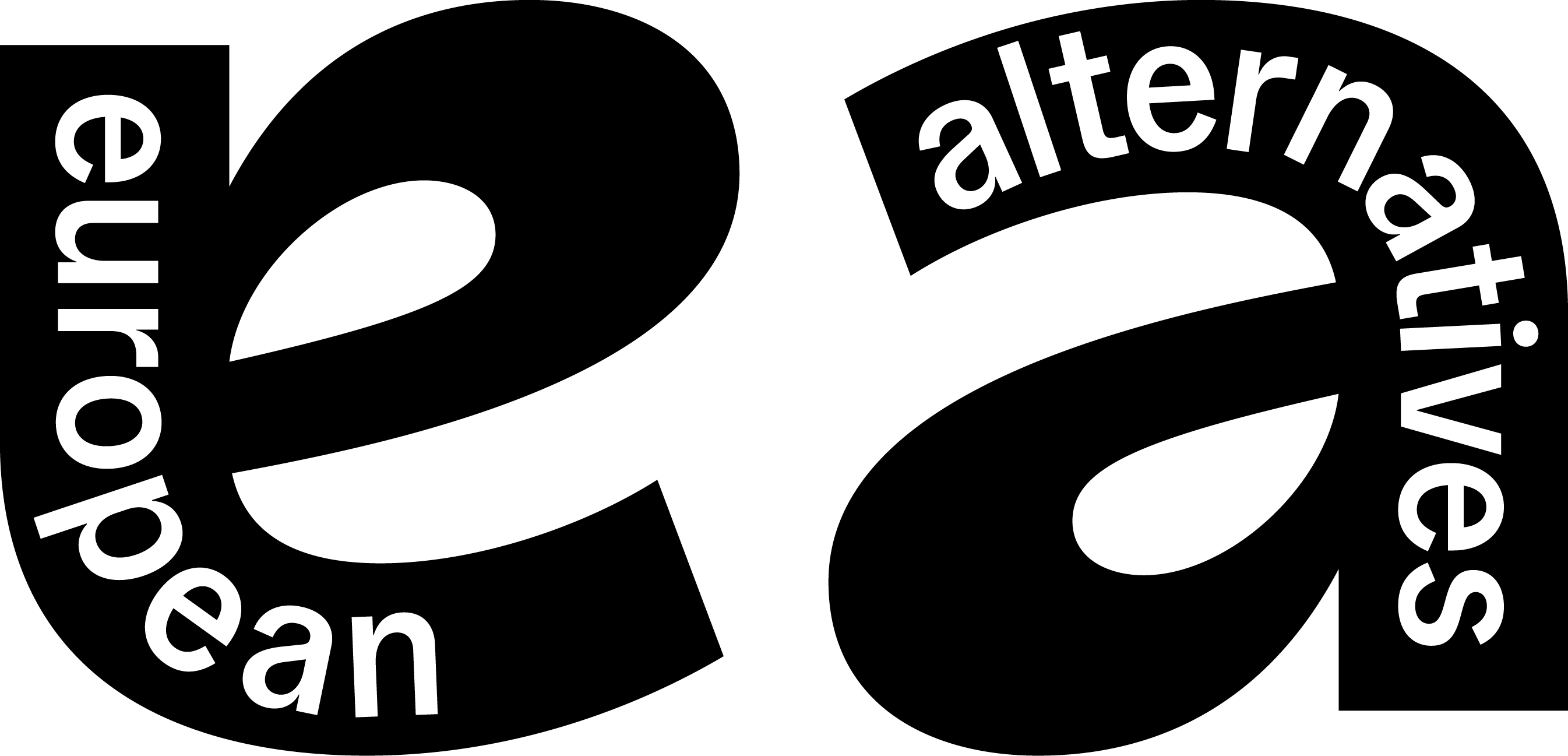

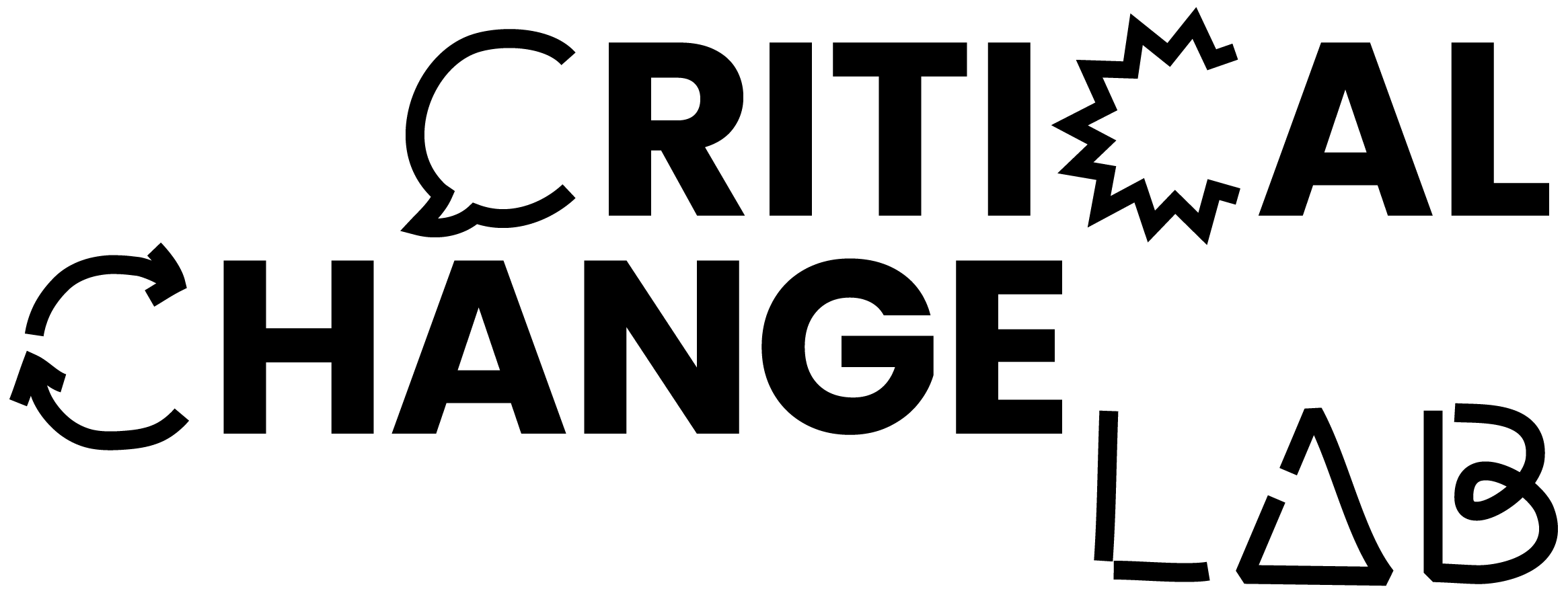
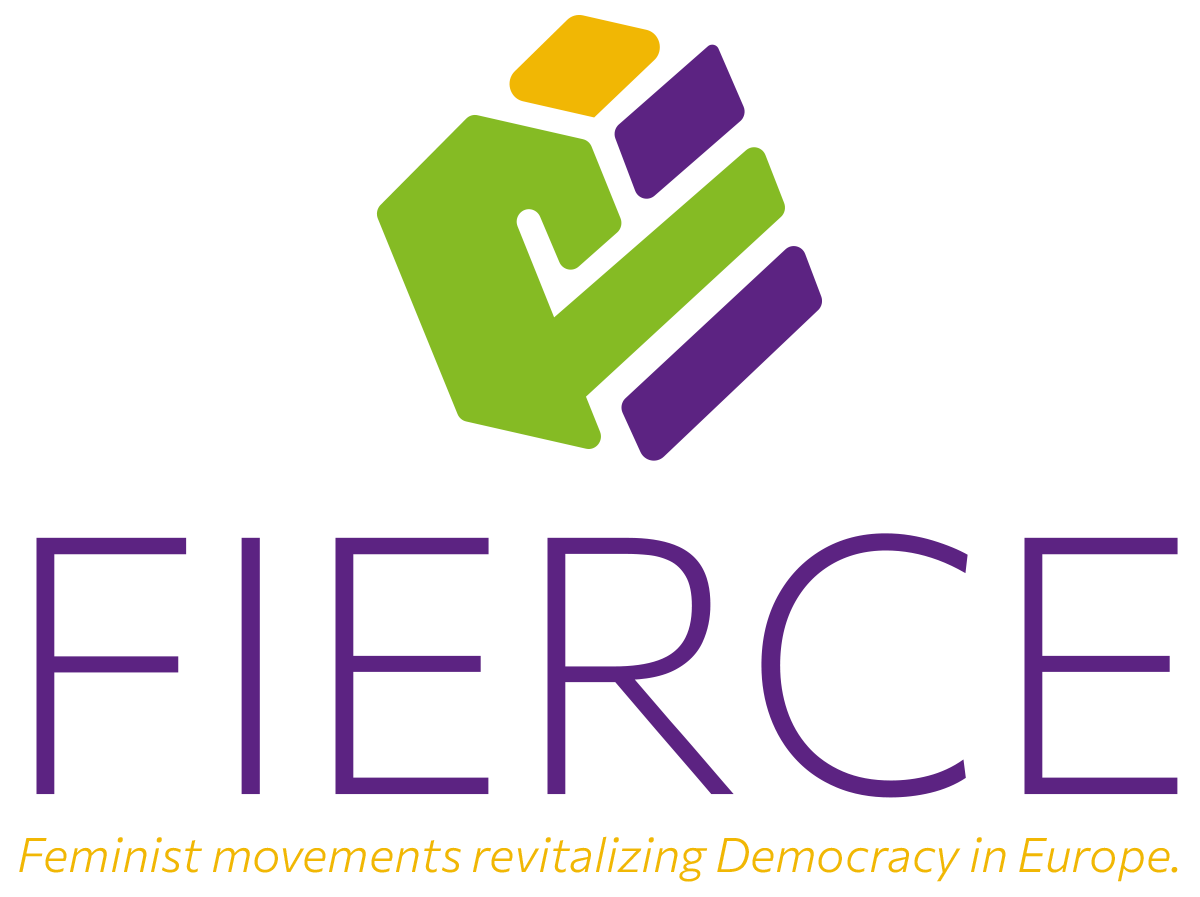


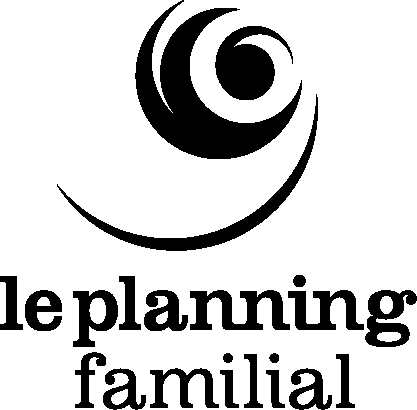
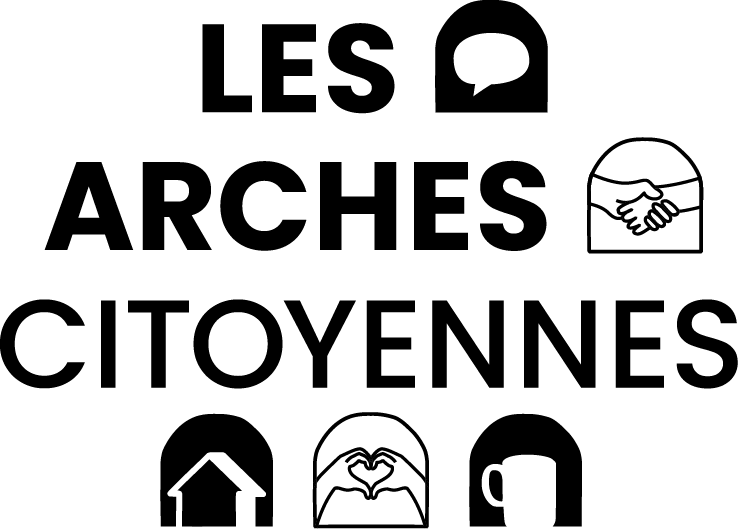
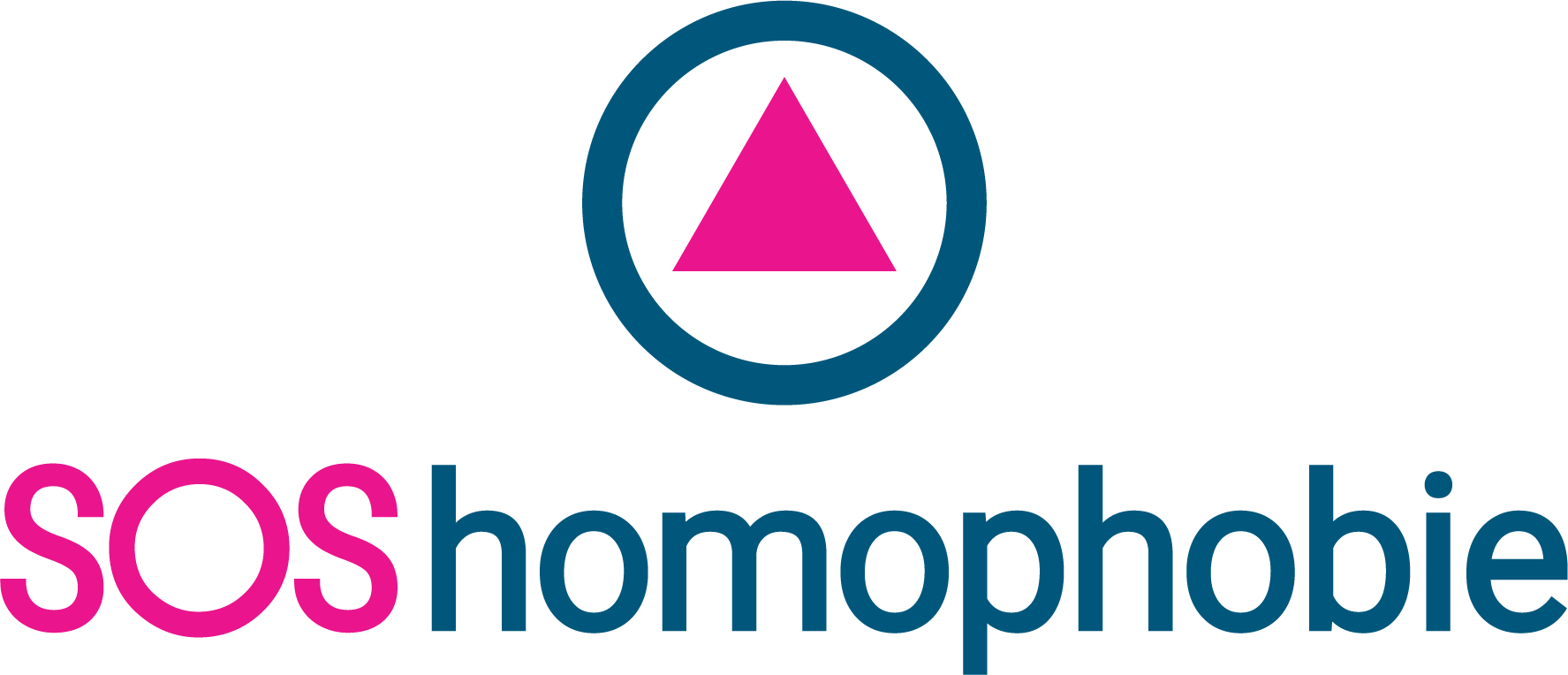

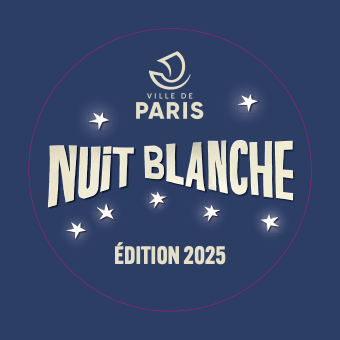

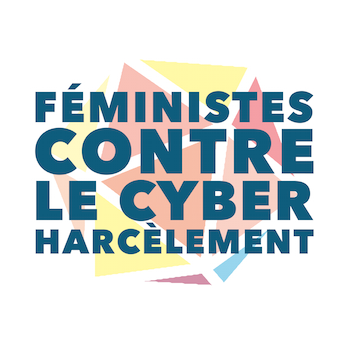


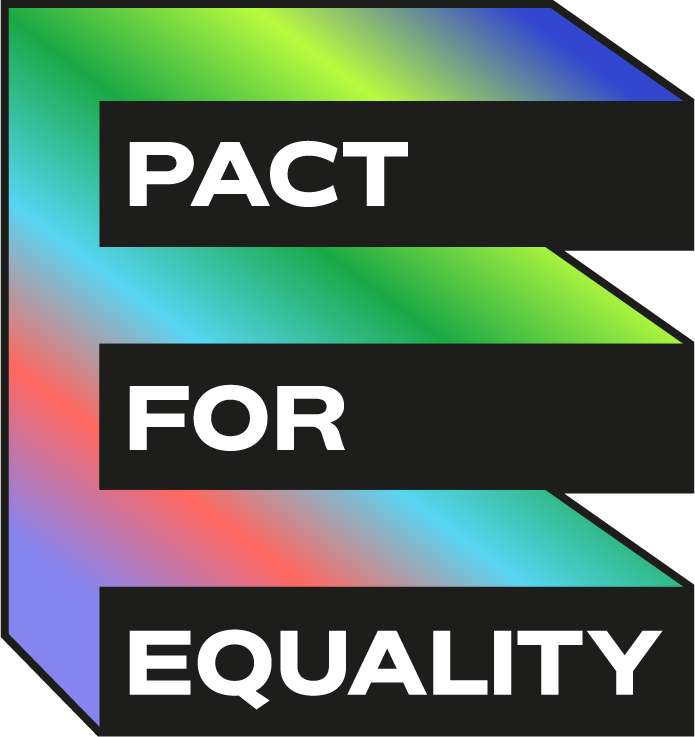


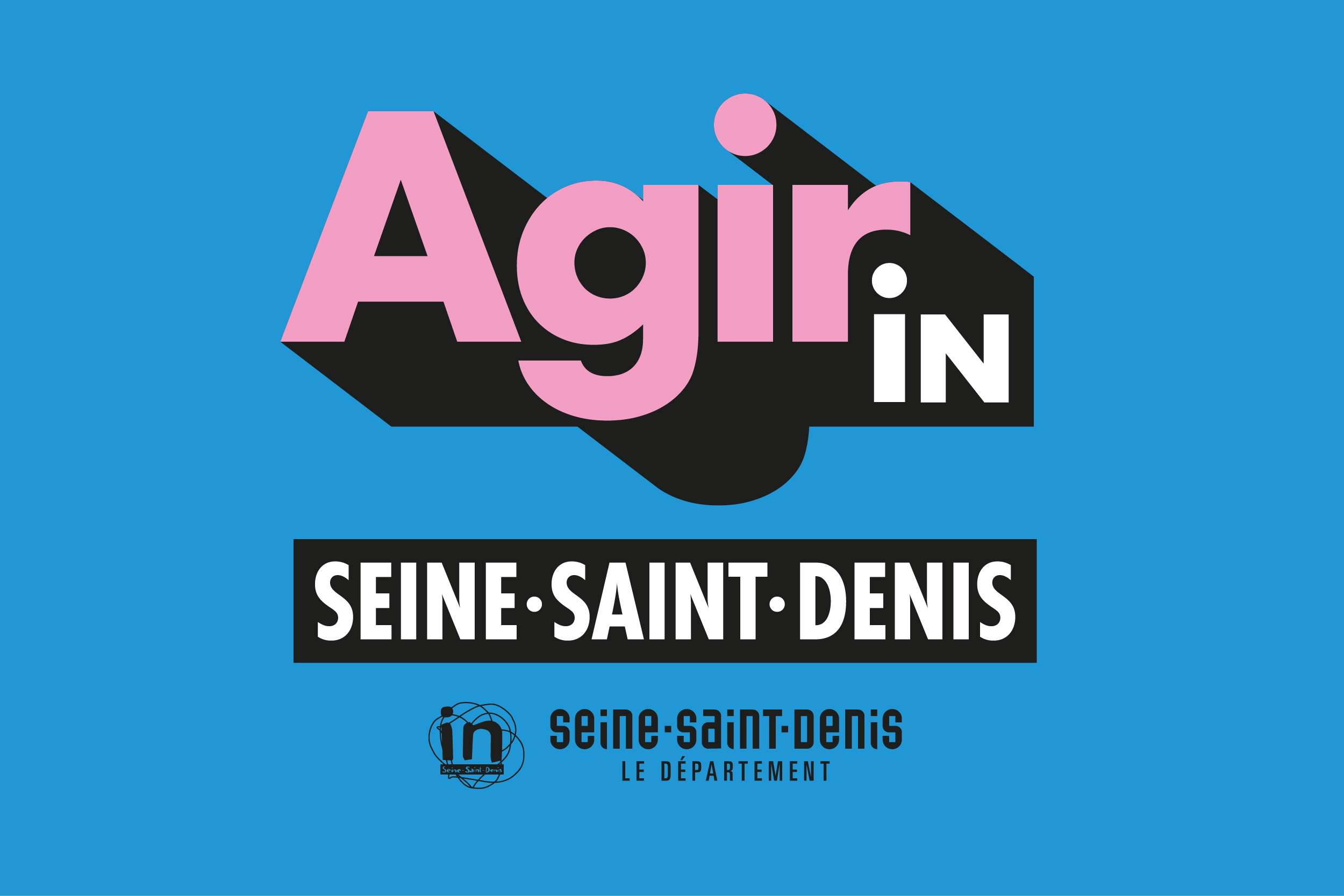
“I felt like an orphan going around the world speaking about how art can influence politics and other forms of collaboration and suddenly finding European Alternatives and Transeuropa was like discovering a twin I hadn’t met before”

“For me Transeuropa was a wonderful way of connecting with people I would never otherwise have met, and feeling part of a wider European culture”

“The Transeuropa symbolises and expresses all that is radically creative about European Alternatives and the networks they have been able to cultivate through European citizens from Sofia and Cluj to Belgrade and Bologna. If you want to experience the future of Europe now, look no further than Transeuropa Festival.”

“People often are amazed how diverse and colourful is their city, region, or country. It is Transeuropa Festival which helps them discover it. Transeuropa invites us to discuss fundamental issues and encourages us to be active citizens of our communities. I am proud to work with European Alternatives building better Europe!”
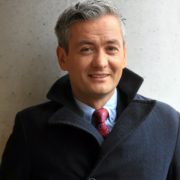
European Alternatives organised the first edition of Transeuropa in London in March 2007 and it hosted philosophers, political theorists, artists and curators who engaged a public audience in discussion of the multiplicity of European questions. Zygmunt Bauman launched Transeuropa with his lecture “Making the planet hospitable to Europe” and opened a Festival that sought to open up public spaces in which discussion of European issues could take place.
The last edition of Transeuropa took place in Porto and it was organised in cooperation with DEMOS forum and the University of Porto. The programme consisted of events, exhibitions, meetings and music and involved a large number of historical spaces of the city.
Convergent Spaces was the 2017 edition of Transeuropa. It was the result of a participative process taking place throughout the year across Europe, involving more than 200 activists and volunteers, spread over 13 cities in 12 European countries.

